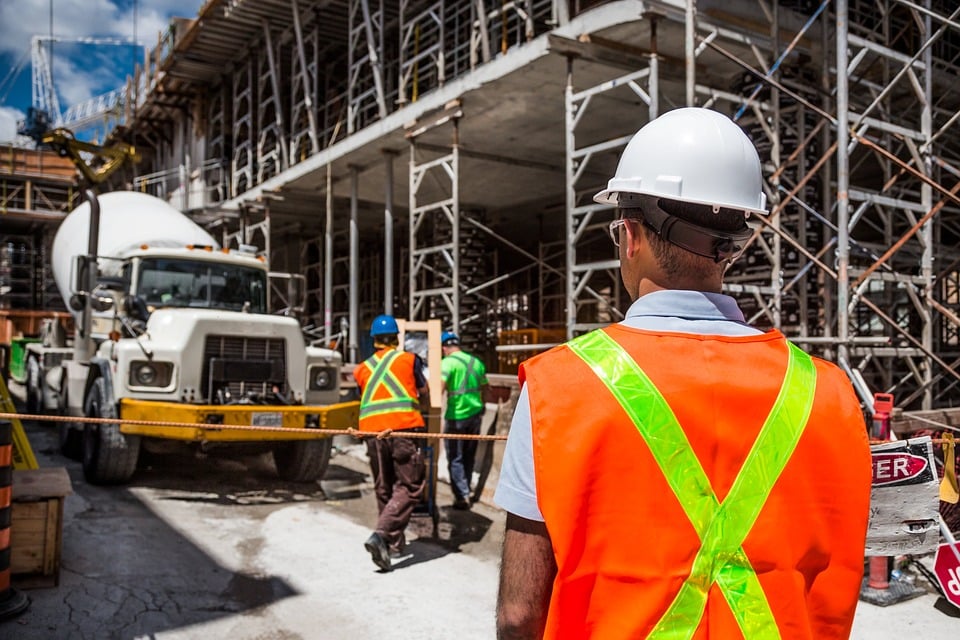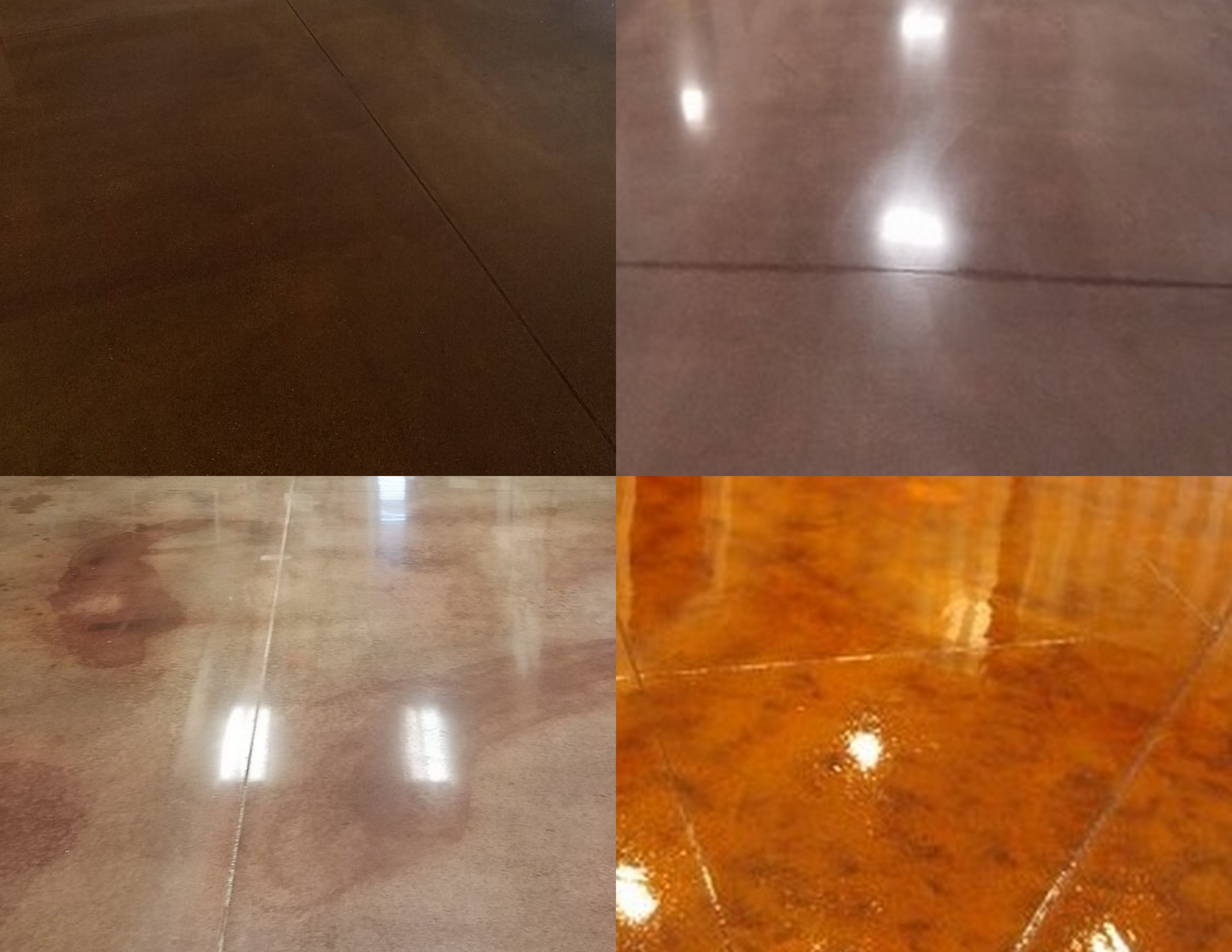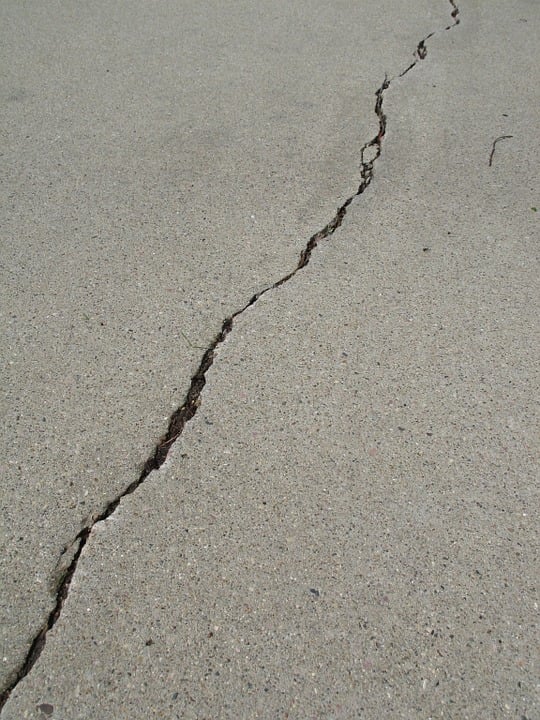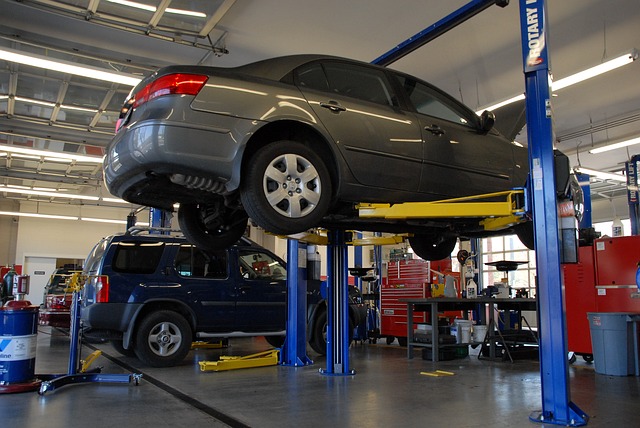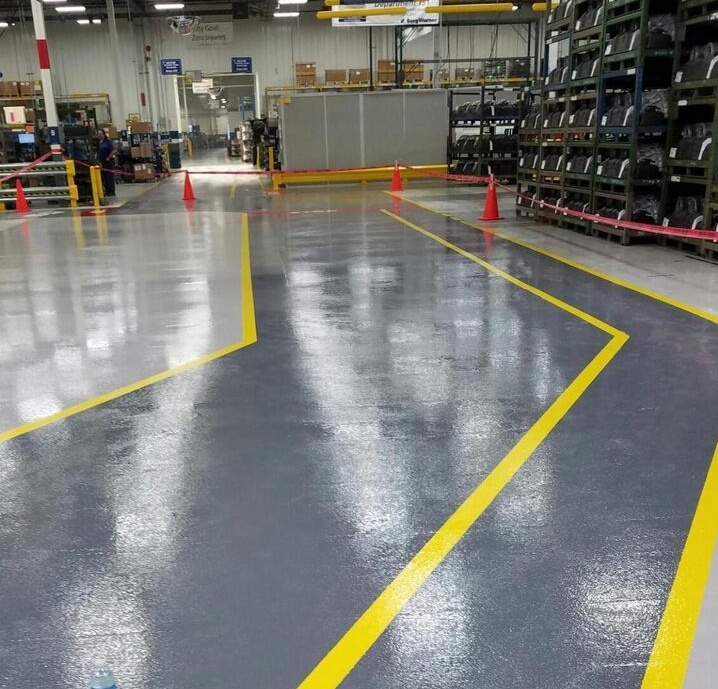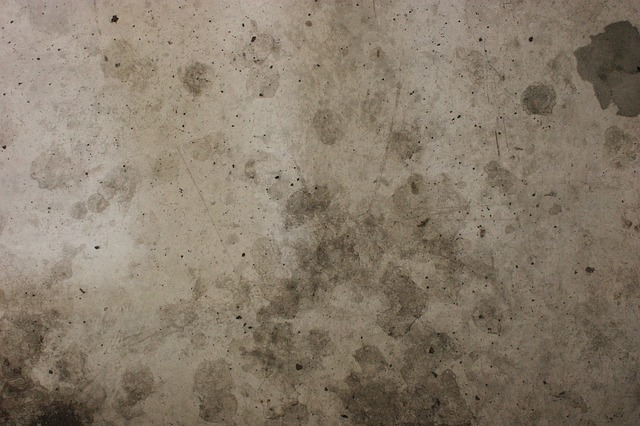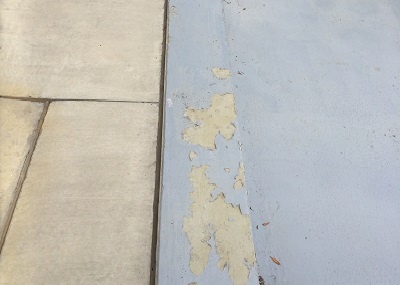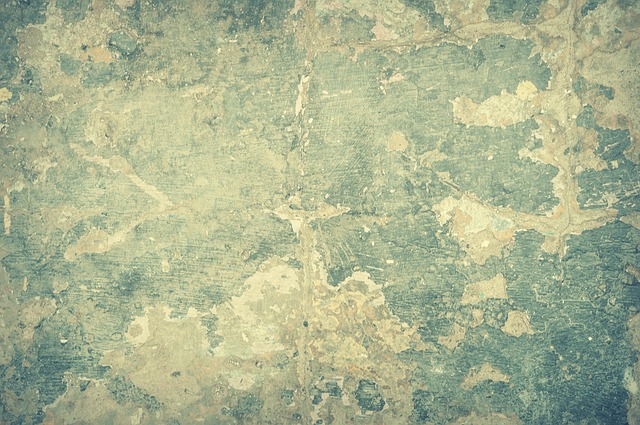Whether your crew is building a new industrial or retail facility, or if you’re constructing homes with slab foundations, you know the difficulties of getting concrete to cure properly. It can be a time-consuming process, especially when you’re dealing with extreme temperatures, precipitation, or even excessive wind.
Unfortunately, excessive moisture rising from new concrete—as part of the curing process or because of excessive moisture from beneath the foundation—can cause a host of problems in a completed structure.

